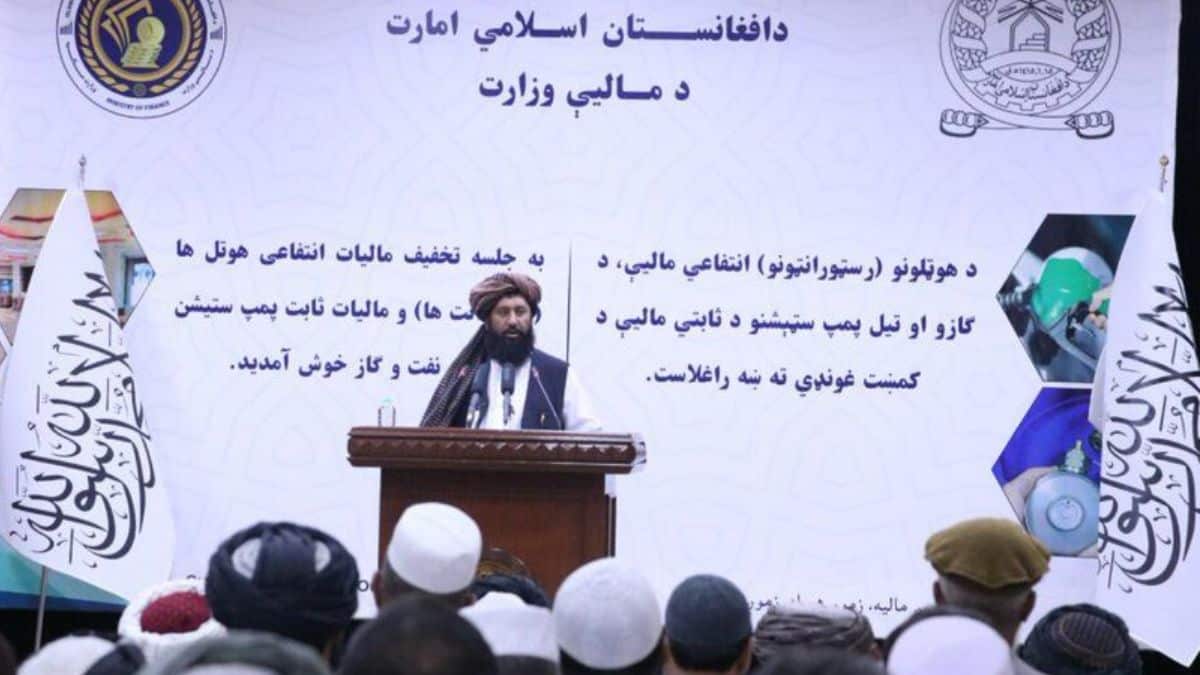In a recent directive from the supreme leader of the Islamic Emirate of Afghanistan (IEA), significant tax relief measures have been introduced for the country’s hospitality and fuel sectors. The order, which came into effect immediately, grants reductions in both fixed and income taxes for hotels and fueling stations.
This move is anticipated to provide substantial financial relief to these industries, which have been hit hard by economic challenges and ongoing instability. Hotels, a key component of Afghanistan’s tourism and business travel infrastructure, and fueling stations, essential for daily transportation and logistics, are expected to benefit from this new policy.
The decision reflects the IEA’s broader strategy to stimulate economic activity and support vital sectors amidst a difficult economic landscape. By alleviating the tax burden on these businesses, the IEA aims to encourage investment, enhance operational sustainability, and foster growth within these crucial sectors.
A spokesperson for the IEA highlighted that this tax relief is part of a broader economic reform agenda designed to stabilize the Afghan economy and promote local business resilience. “The reduction in taxes for hotels and fueling stations is a strategic move to support essential services and encourage economic activity,” the spokesperson stated.
While the tax reductions are expected to ease financial pressures on these industries, the effectiveness of the measure will likely depend on its implementation and the broader economic context. Businesses in the hospitality and fuel sectors will need to navigate ongoing challenges, but the tax discounts are seen as a step towards improving operational conditions.
This policy change comes as the IEA continues to face international scrutiny and domestic challenges. The focus on economic measures indicates a concerted effort to address immediate economic concerns while navigating the complex dynamics of governance and international relations.

